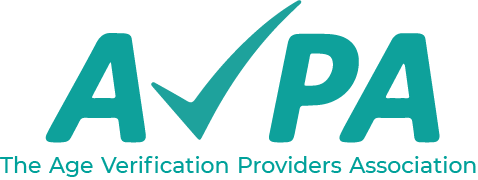How do you regulate a foreign porn site?
It may be the world-wide web, but governments are still generally national not international (the EU being the exception which proves that rule), so how can any one state hope to regulate the global Internet?
Well, it is not nearly as hard as many may fear, including it appears, a few regulators themselves. Instinctively, authorities focus on the legal powers they have – and have not – been given, and the means at their disposal to act on those powers. So a regulator may have the powers to require information, to issue notices, to instruct certain actions, to fine and even to close down businesses, but no clear mechanisms to enforce these if those who breach the rules are outside their own jurisdiction.
In these cases, a more creative approach is required. Reputational risk is a high priority for the Board of many companies, but particularly those who are in regulated industries, listed on stock markets, hoping to be acquired or reliant on consumers for large parts of their business. There are no end of examples of successful businesses which, overnight, saw shareholder value decimated by a PR disaster.
For these corporations, many of which are critical to the commercial operations of millions of other companies, there is a great deal of sensitivity to falling the wrong side of public opinion, or even that of their own regulators and governments. So, if a regulator in one country publicly identifies a business elsewhere in the world as being in breach of that state’s laws, particularly where those laws are relevant to high-profile issues such as child protection, then it will not be long before the services that support those non-compliant enterprises start to consider if the profits they are making from such businesses are really worth the risk.
 We have seen this clearly illustrated in the adult industry. An article in a national US newspaper alleged that a major porn site did not have effective controls to prevent content featuring minors or people who had not freely given their consent. Within days, one of the world’s largest global payment networks, Mastercard, had withdrawn services from that site on a global basis. There was not even a regulator involved – unless you consider such dominant payment providers as being in effect global regulators themselves. Even as the shock waves were reverberating around the industry, the payment network was drafting specific new rules for its member banks to enforce on their merchants. These new requirements, termed AN5196, have put millions of other adult sites on notice to make sure they have their age verification and consent processes in place, and are ready to demonstrate their effectiveness to their bank. While there is not yet a great deal of proactive surveillance by the acquiring banks, they are now positioned to cut off a website at a moment’s notice should their be a complaint or a media report of malpractice.
We have seen this clearly illustrated in the adult industry. An article in a national US newspaper alleged that a major porn site did not have effective controls to prevent content featuring minors or people who had not freely given their consent. Within days, one of the world’s largest global payment networks, Mastercard, had withdrawn services from that site on a global basis. There was not even a regulator involved – unless you consider such dominant payment providers as being in effect global regulators themselves. Even as the shock waves were reverberating around the industry, the payment network was drafting specific new rules for its member banks to enforce on their merchants. These new requirements, termed AN5196, have put millions of other adult sites on notice to make sure they have their age verification and consent processes in place, and are ready to demonstrate their effectiveness to their bank. While there is not yet a great deal of proactive surveillance by the acquiring banks, they are now positioned to cut off a website at a moment’s notice should their be a complaint or a media report of malpractice.
So for national regulators, our message is ‘do not live in fear of impotence’. Calling out non-compliance with your own laws, even if the culprit is based beyond their legal reach, is likely to make life very difficult for such operators. You may need to take a leaf out of the book of the oldest regulator of them all, the Governor of the Bank of England (John Houblon was the first in 1694), and start raising your eyebrow in front of the most influential global support services, but you will be surprised how effective that can be.


